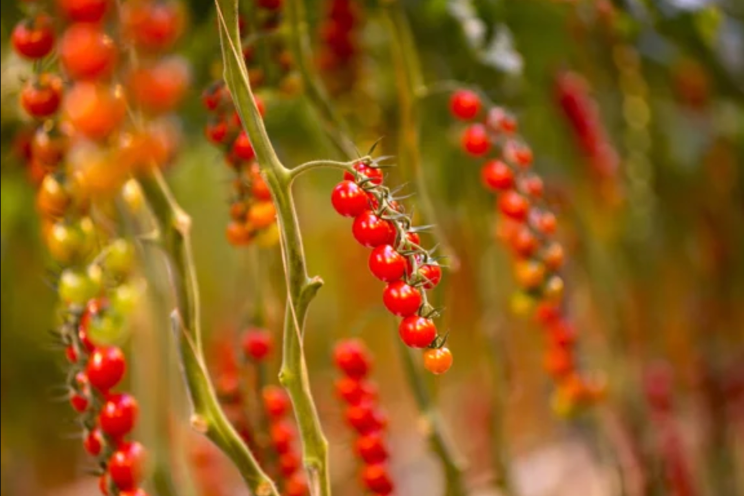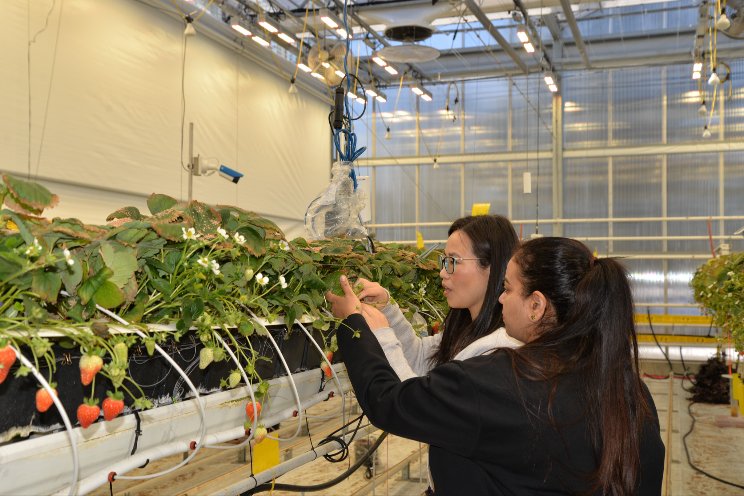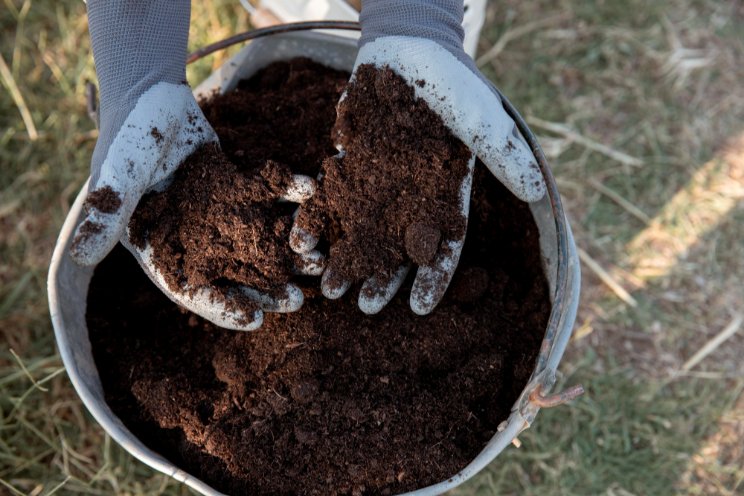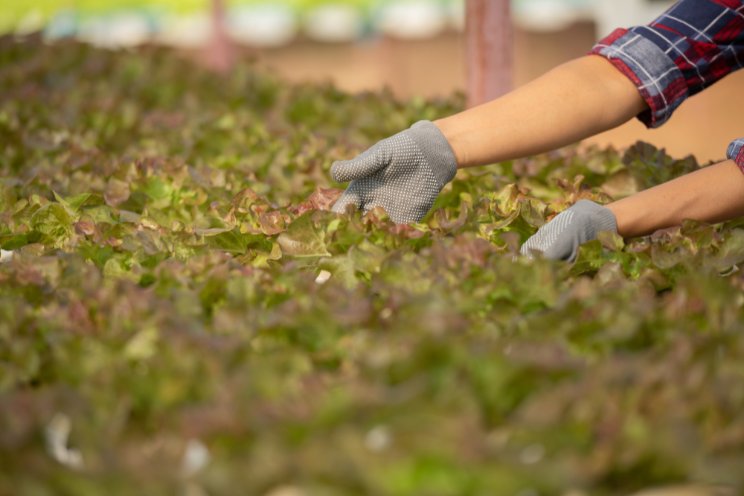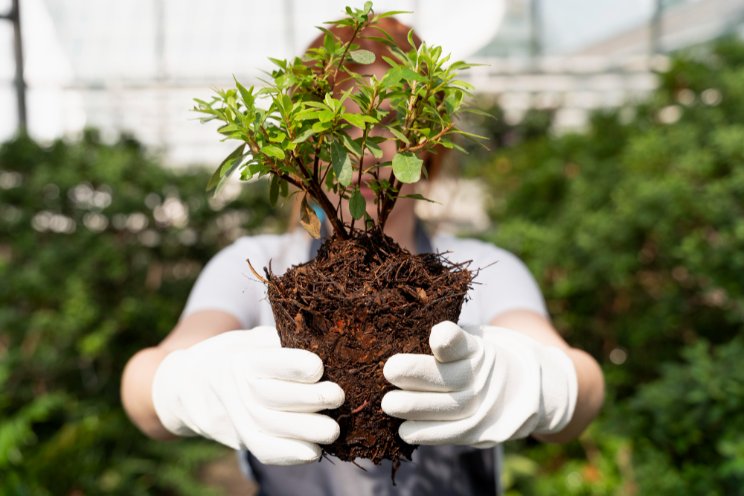Changing the way food is grown and paid for
Added on 21 May 2020
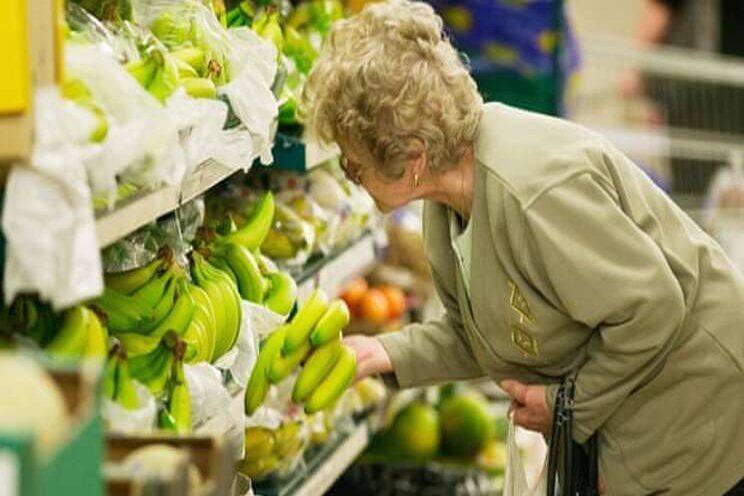
Prince Charles's bumbling remarks should kickstart a re-examination of how fruit and vegetables are grown in rich countries, including ours (Coronavirus latest: a senior royal wants us to *checks notes* work harder, 19 May). Supermarkets want to keep the price of fresh produce at an affordable level. So they pay farmers as little as they can get away with, and their market power tells farmers to have more and more machinery and treat their seasonal workers worse and worse.
Henry Ford once reportedly said: "Why do I have to employ people when I only want their hands?" Since then, permanent workers have fought for their right to decent treatment. The same must happen for seasonal workers. If that means changing the whole way that food is grown and paid for, then so be it.
If the problem is market forces, then the market must be rebalanced - one reason poorer people can't afford fresh food is because many are paying rents of up to half their income. The current crisis could be an opportunity to stop regarding other people as resources and move to a less unequal, and therefore happier, society.
Jenny Tillyard
Seaford, East Sussex
• Joel Golby doesn't realise that the long hours and low pay he is ranting against is the daily experience of farmers and growers across the UK, year after year. It will do this country good to experience shortages of fruit and vegetables this summer. Then we might begin to appreciate farming for the highly skilled, essential industry that it is.
It's more than 40 years since food production was decently paid. Since the 1970s, government policy has driven down the price of food, supported by cut-throat supermarket supply chains. The surprise isn't that people aren't prepared to put up with conditions in horticulture. The surprise is that horticulture in the UK has kept going all!
If we are ever going to get food security, there will have to be significant increases in farm incomes - higher prices in supermarkets and consumer acceptance of wonky veg.
Jo Steranka
Clacton-on-Sea, Essex
• A relative of mine came to England to help with the harvest because the locals would not do it. That was my great-grandfather in the 1850s. Nothing changes.
Tim O'Malley
Stone, Staffordshire
Source: Guardian
Photograph: Andrew Fox/Alamy
Source: Guardian
More news
